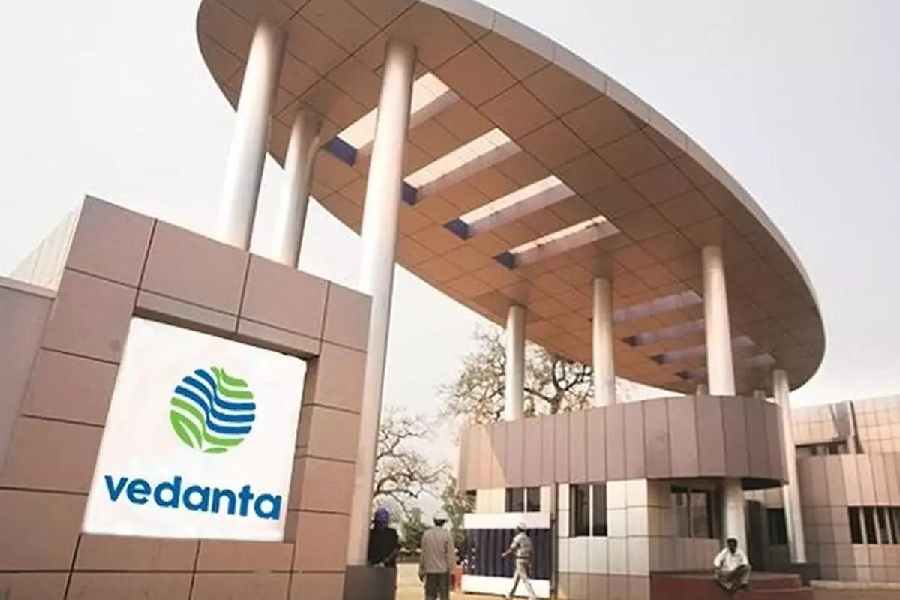Vedanta Ltd has secured the approval of shareholders and creditors for its proposed plan to divide into five independent, sector-focused entities. The mining major also said it has raised ₹2,600 crore by issuing non-convertible debentures.
The Anil Agarwal-led firm said in a regulatory filing that while 99.9987 per cent of its shareholders supported the proposal, it received the nod of 99.59 per cent of secured creditors and 99.9588 per cent of the unsecured lenders. Vedanta’s announcement led to its shares ending 2.40 per cent higher at ₹433.55 on the BSE.
During intra-day trades, it gained 2.85 per cent to ₹435.50.
At the NSE, it advanced 2.79 per cent to ₹435.35. The gains saw its market valuation rising ₹3,969.04 crore to ₹1,69,534.87 crore. In volume terms, 1.80 lakh shares of the firm were traded on the BSE and over 1.02 crore shares on the NSE. The five entities being created from the split would include Vedanta Ltd, which would house the company’s base metals.
Every Vedanta shareholder will receive one additional share in each of the four newly demerged companies on the completion of the demerger process.
The other companies that will be created out of the demerger are Vedanta Aluminium, one of the world’s largest producers of aluminium; Vedanta Oil & Gas, India’s largest private-sector crude oil producer; Vedanta Power, one of India’s largest generators of power; Vedanta Iron and Steel, and Vedanta Ltd – which will include the world’s second largest integrated zinc producer and third largest silver producer – in Hindustan Zinc.
Vedanta Ltd will also act as an incubator for new businesses, including Vedanta’s technology verticals.
Vedanta has said that the demerger scheme will enable greater focus of its management on the relevant businesses thereby allowing further streamlining of operations and more efficient usage of assets and leveraging of opportunities.
The company has also pointed out that over time, each of the independent companies can attract different sets of investors, strategic partners, lenders, and other stakeholders enabling deeper collaboration and expansion in these specific companies without committing the existing organisation in its entirety.










